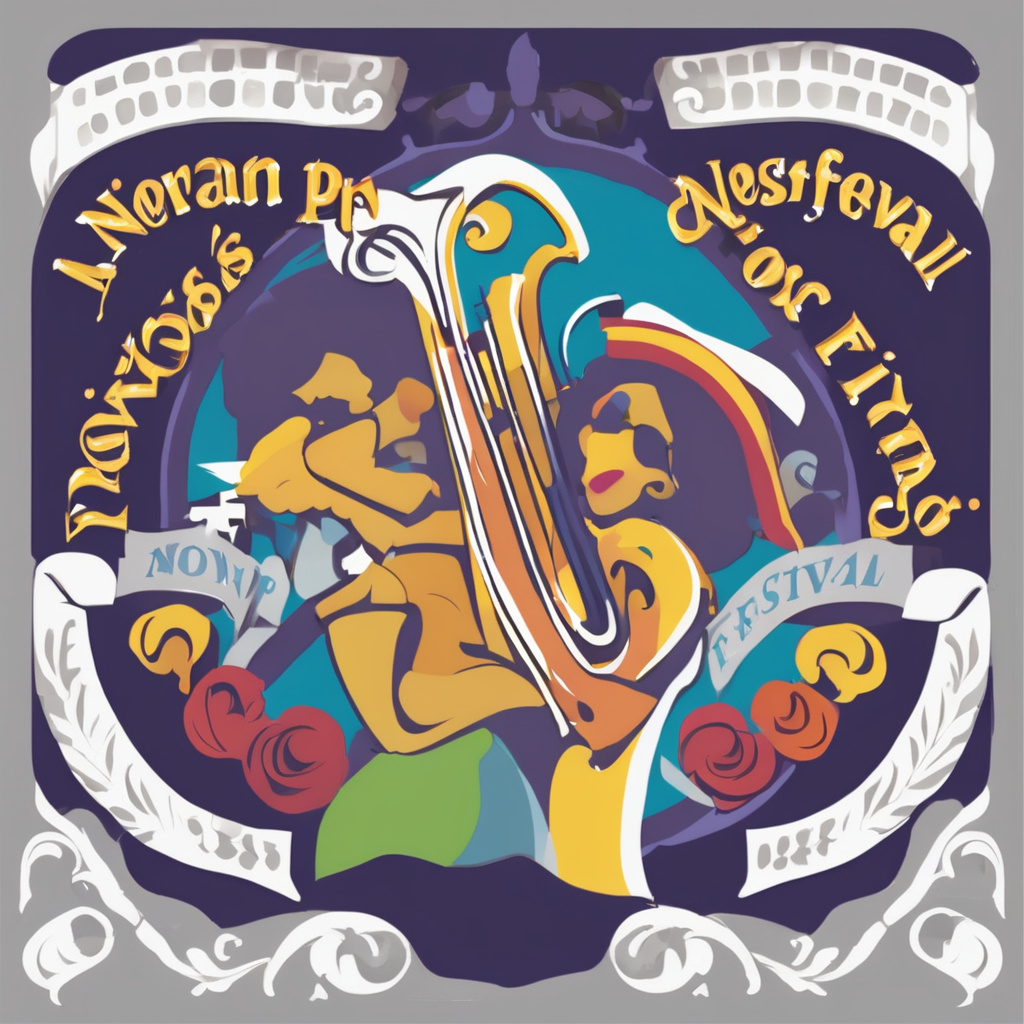Overview of Manchester’s Industrial Revolution Heritage
The Industrial Revolution left an indelible mark on Manchester, transforming it into the world’s first industrial city. During the late 18th century, the city’s rapid growth in textile manufacturing catapulted it onto the global stage. Cotton mills and factories proliferated along the riverbanks, powered by the technological advancements of the era. Preserving these sites is crucial for understanding Manchester’s historical significance and impact on today’s industrial landscapes.
Manchester’s heritage is not merely about remnants of its industrious past but a reflection of its cultural evolution. Landmarks from this era tell stories of innovation, hard work, and transformation. Visiting these sites offers insights into how they shaped modern commerce and society. Walking through areas that once bustled with activity helps one appreciate the enormity of the changes brought by the Industrial Revolution.
Topic to read : Discovering Scotland’s Hidden Gems: The Ultimate Guide to Unmissable Local Festivals in the Borders
These cultural sites serve as educational resources, showcasing Manchester’s pioneering role in industrialization. Engaging with these stories fosters a deeper appreciation of how industrial heritage continues to shape the city’s identity today, influencing modern architecture, economy, and community life.
Essential Landmarks to Explore
Exploring Manchester’s landmarks provides a window into its rich industrial heritage. Among these, the Museum of Science and Industry stands out. It showcases extensive exhibits, offering insights into the technological innovations that fueled the Industrial Revolution.
Also to read : Discovering Oxford’s Literary Gems: The Ultimate Guide to Exploring the City’s Rich Literary Legacy
The Museum of Science and Industry
This museum is a treasure trove of historical artifacts. It features engines, textiles, and other displays that narrate Manchester’s transformation into an industrial hub. Visitors can learn about the birth of the railway system, highlighting Manchester’s pioneering role in global industrialization.
The John Rylands Library
Architecturally stunning, the John Rylands Library is more than just a book repository. It’s a testament to the era’s architectural ambition with its neo-Gothic design. Inside, visitors can marvel at historical manuscripts that add depth to Manchester’s heritage.
The Castlefield Urban Heritage Park
Castlefield Urban Heritage Park offers a blend of historical and natural beauty. Its preserved canals and warehouses are relics of a bustling past. Walking through, guests sense the enduring historical significance of these sites.
Each landmark encapsulates a chapter of Manchester’s journey, providing a tangible connection to its industrious past. These sites are essential for anyone seeking to understand Manchester’s integral role in the Industrial Revolution.
Insights and Personal Experiences
Experiencing Manchester’s industrial heritage firsthand leaves a lasting impression. Visitors often share reflective testimonials on their journey through the city’s historical landmarks. Many express a newfound appreciation for the role Manchester played in the Industrial Revolution, describing poignant moments when walking through preserved factories and observing relics of a bygone era.
Personal narratives often highlight encounters with historically rich sites like the Museum of Science and Industry and Castlefield Urban Heritage Park. These visits frequently evoke a sense of awe and a deeper understanding of how these landmarks have influenced the cultural evolution of the city. One common sentiment is the seamless blend of old and new within Manchester’s landscape, demonstrating the enduring impact of industrial innovation.
Several travelers offer practical tips, such as opting for guided tours to gain enriched insights from knowledgeable historians. Anecdotal advice includes visiting during local festivals that celebrate Manchester’s industrious spirit, enhancing the immersive experience. By engaging with the city through its historical lens, visitors not only witness the historical significance but also gain a personal connection to Manchester’s dynamic past.
Cultural Experiences Related to the Industrial Heritage
Manchester’s industrial history comes alive through a range of unique cultural experiences that engage both locals and visitors. Exhibitions within the city celebrate this rich past, providing deeper insights into how industrial innovation dramatically reshaped Manchester.
Visitors can partake in guided tours and engaging walking trails across the city center, offering a focused perspective on significant historical sites. These tours, often led by knowledgeable historians, illuminate lesser-known facts and present Manchester’s industrial heritage in an accessible manner.
Furthermore, heritage activities like workshops and interactive displays are prevalent and provide a hands-on understanding of the city’s evolution. These activities are often complemented by local festivals that highlight Manchester’s industrious spirit. Such events enrich the city’s fabric and demonstrate how the legacy of the Industrial Revolution continues to influence its cultural landscape.
Choosing to explore these exhibitions and events not only enhances one’s understanding of Manchester’s industrial history but also fosters a personal connection with the city’s storied past. Planning visits around these activities ensures an immersive and educational experience that resonates long after returning home.
Practical Information for Visitors
Exploring Manchester’s industrial heritage is made seamless with robust visitor information and thoughtful travel tips. Getting to Manchester is convenient, with options like trains, buses, and flights. Once in the city, its efficient public transport system, including buses and trams, provides easy access to historical sites. For a more immersive experience, consider walking paths that connect key landmarks, offering an up-close look at the city’s vibrant atmosphere.
When choosing accommodation, prioritize areas like the Northern Quarter or Deansgate, which are not only rich in character but also strategically located near major landmarks. These areas provide a central base with a mix of historical charm and modern amenities.
To maximise your visit, consider sample itineraries that highlight Manchester’s renowned industrial landmarks. A one-day tour might focus on the Museum of Science and Industry, the John Rylands Library, and Castlefield Urban Heritage Park. For a weekend adventure, extend it to include guided tours and local events that delve deeper into Manchester’s industrial past. These thoughtfully planned routes ensure a comprehensive and enlightening exploration of this iconic city.



